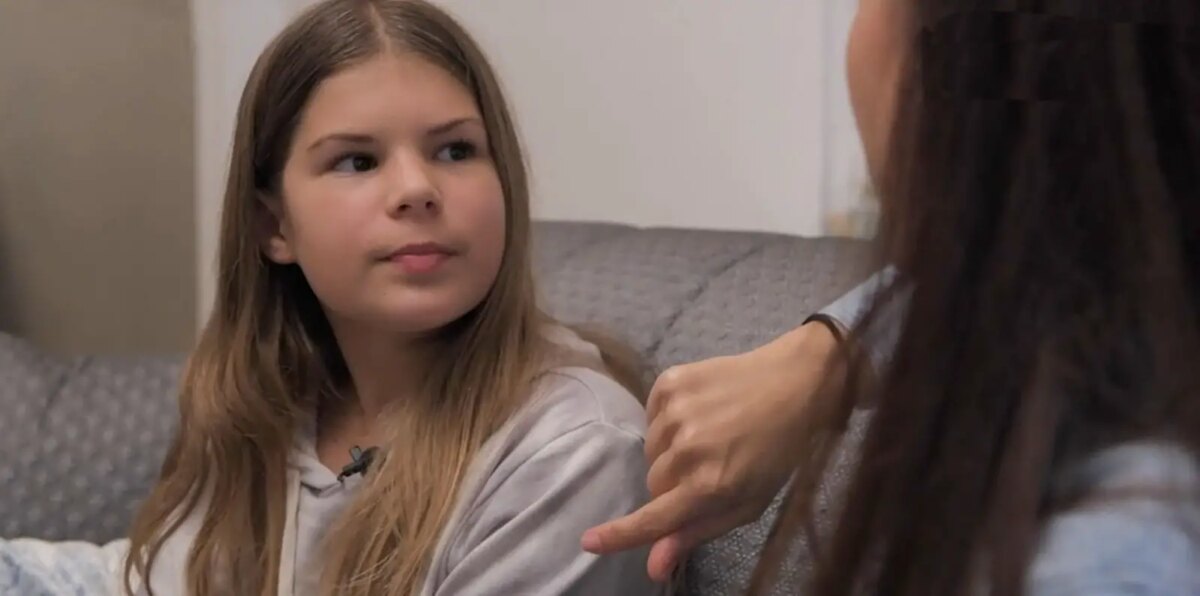
I know I am not alone in thinking that adolescence was the toughest period of my life. What a mess those years can be! Strange emotions hit you from every angle, and the pressure to succeed is at its peak. Throw in social anxiety and bad acne, and you get an experience everyone is eager to finish with. But, even as miserable as I was, I can’t imagine living through the difficulties this generation of adolescents has to deal with. It’s no wonder that rates of anxiety and depression have skyrocketed within the past few years. But, most depressing of all is that our healthcare system is ill-equipped to handle it. Laura Morton and Vanessa Roth’s Anxious Nation is a sobering exposé on an underreported national health crisis.
The documentary consists of various interviews with mental health professionals about what this means going forward and how we got here. But the most valuable interviews are from a sample of teenagers (and their families) currently undergoing crises of varying degrees. For example, one boy enters an almost manic state when faced with the prospect of doing his homework, while another young woman suffers a breakdown upon hearing a police helicopter. Their triggers might seem relatively innocuous to many of us, but seeing their misery works well as a call to action for viewers.
“…rates of anxiety and depression have skyrocketed…”
The causes of crippling anxiety in adolescents aren’t exactly a secret. Unprecedented pressure to succeed academically in a cutthroat college application process, uncontrollable addictions to social media, and a deluge of negative news stories are just some of the triggers many professionals cite as leading causes. The filmmakers spend a great deal of time on these issues, but I wish more time were centered on how we will get out of this mess. What’s so frustrating about this crisis is that we all know the solution: a complete restructuring of how the United States treats mental health.
Is Anxious Nation an essential documentary? I think it depends. Morton and Roth accomplish their goal in terms of bringing awareness of a new health crisis, but most viewers seeking this out should already be well-versed on the topic. I don’t find anything inherently wrong with documentaries that adopt the “talking heads” style, but it’s hard not to wish there wasn’t a little more variety in terms of aesthetics. A personal approach to the project would have been in line. It would have been more compelling to narrow the focus on one or two teenagers to examine their specific issues even closer.
The rise of anxiety is a serious problem with no real end in sight. Films like Anxious Nation are important for spreading the message. However, the only realistic way to change attitudes on mental health is to normalize seeking care and to make more people aware of the solutions. We can only hope that influential policymakers around the United States take note, as the consequences of huge percentages of an entire generation being hampered by acute anxiety are hard to imagine.














